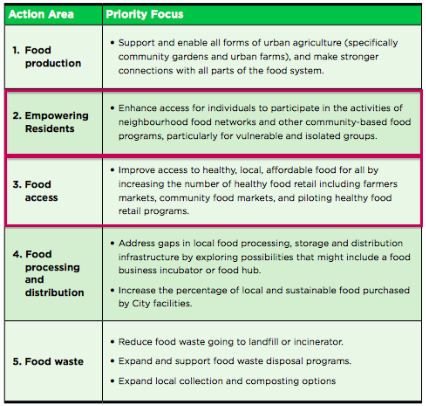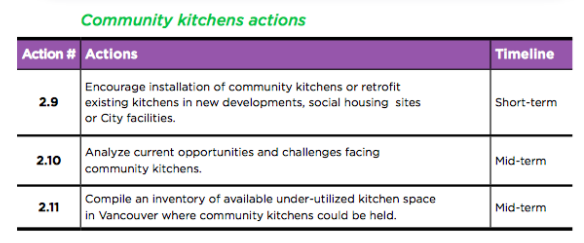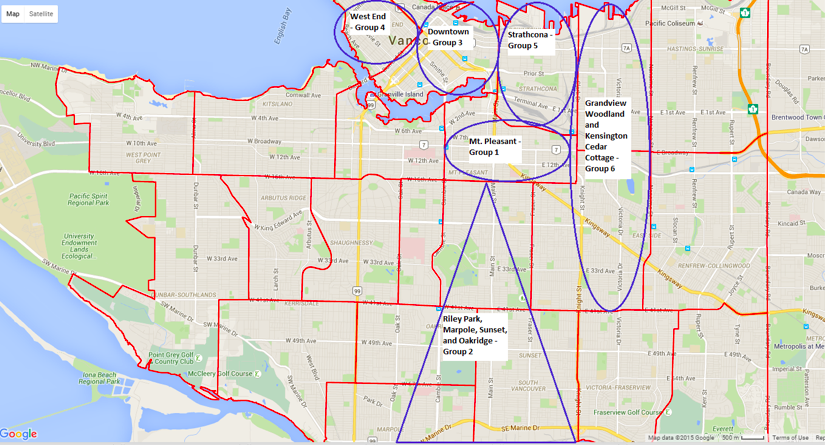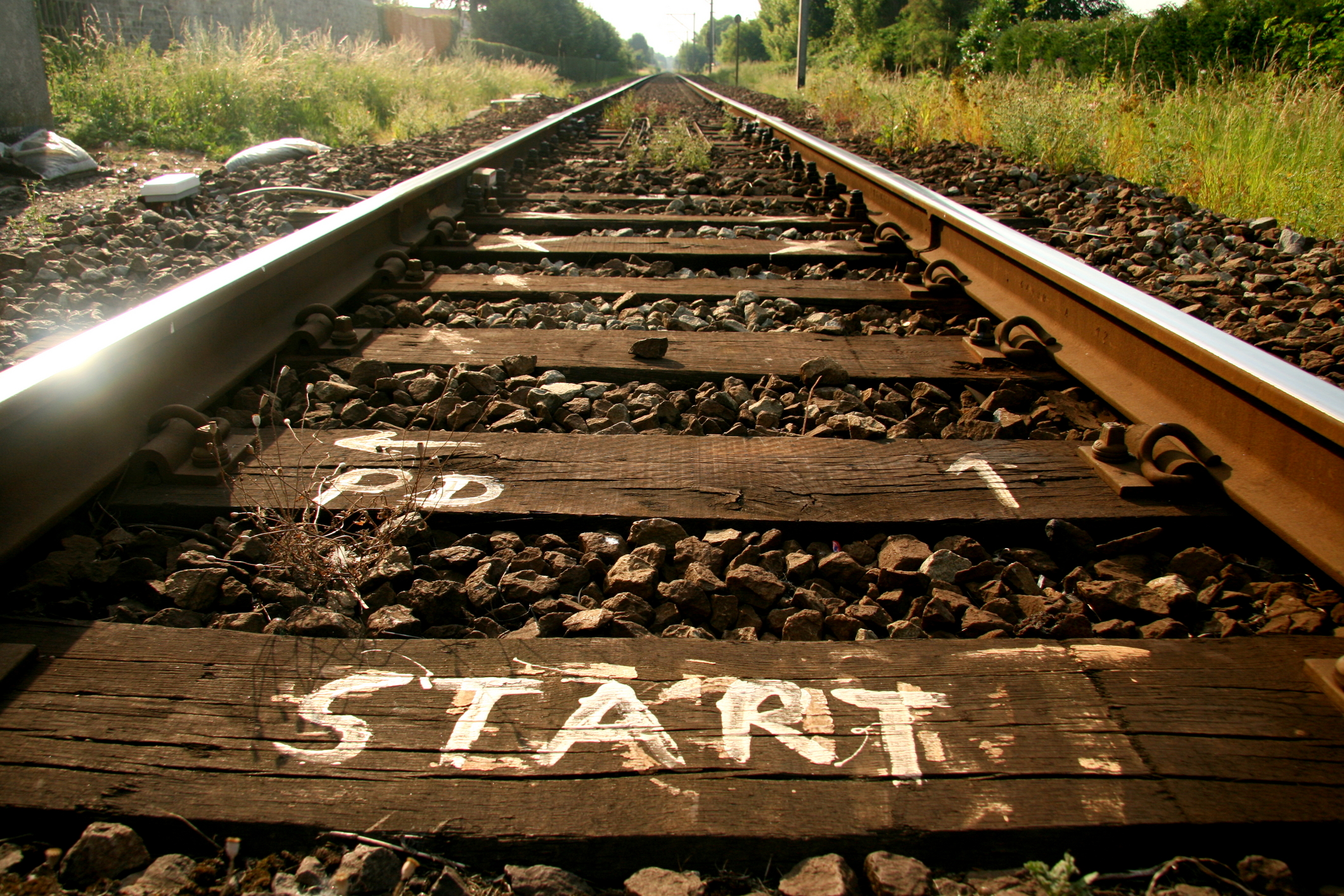Blog Post 1 – Beginnings
Interests and Goals
We were approached by our course coordinator, Will Valley, to take on a community kitchen project. At first we were unsure what to expect and wondered how the project would fit with our individual interests and goals. As a group, we identified our shared interests as being nutrition, education, and sustainable food systems. Having met with our community leader, Sarah Carten, we were able to see how our interests could be realized in the context of this learning opportunity as well as other off-shoot initiatives. We are excited to move forward with our project! Through this initiative, we are looking forward to practicing our communication and professional skills, working with members of the community, and learning more about kitchens for community programming in Vancouver. We are particularly excited to gain an understanding of how food contributes to community development through providing food access and food security, nutrition education, development of food-related skills, and building community and support networks. Through this project, we will have the unique opportunity to develop skills in kitchen assessment and interviewing. Although our shared interest in nutrition will not be directly applicable to this project, we recognize that subsequent stages of this initiative will include opportunities for nutrition education and skill-building. As a whole, we hope that our contributions to the community kitchens project will play a role in improving food security for residents in the neighbourhood, stimulating policy change to advocate for sustainable food systems, and empowering the community to seek out available community kitchen resources.
Community Organization and Project Objectives
We are partnered with the Food Strategy Implementation Team, which is a subdivision of the Vancouver Social Policy Department. Their overall mission is to improve Vancouver’s food system by processing, distributing, and consuming food more sustainably.
Our organization has specified five main objectives for the project:
- Support food-friendly neighbourhoods
- Empower residents to take action
- Improve access to healthy, affordable, culturally diverse food for all residents
- Make food a centerpiece of Vancouver’s green economy
- Advocate for a just and sustainable food system with partners and at all levels of government

“Five priority action areas of the Vancouver Food Strategy” (City of Vancouver, 2013).
Within the Food Strategy, there is a section focused on specifically on Community Kitchens:

Vancouver Food Strategy Community Kitchen Actions (City of Vancouver, 2013).
Action 2.11 is where we come in! We will be assisting the city in compiling an inventory of kitchen space in the Marpole, Oakridge, Sunset, and Riley Park neighbourhoods (Group 2):

Community Kitchen Project Assigned Areas
First Impressions
We are impressed by how well this project is organized and structured. This will allow us to spend more time directly working on the community initiative, as opposed to determining project logistics. Having read Mathie and Cunningham’s journal article on Asset-Based Community Development (ABCD), we understand how important it is to focus on community-driven development. By helping to facilitate our community kitchen project, our goal is to empower residents to become involved in community growth and improvement by drawing on the unique knowledge that every member of the community can bring to the table. By using this ABCD approach, we hope to foster a sense of community and improve sustainability from the inside out. This strategy differs from a needs-based approach, which focuses on service delivery and oftentimes leads to community fragmentation. Alternatively, Asset-Based Community Development taps into previously unrecognized social resources to inspire development and disestablish hierarchy. The concept of ABCD ties in with Ernesto Sirolli’s TED Talk, “Want to Help Someone? Shut Up and Listen!”. In his presentation, he advocates for community support and facilitation, identification of opportunities, and community empowerment. He states that the best way to understand the needs and goals of a community is one-on-one interviewing instead of open forums, because each member provides a unique perspective and knowledge set. As facilitators in the community kitchen project, we will be working to find resources and make connections that will transform community passion into real change. In light of Sirolli’s message, we hope to become “servants of local passion” in our assigned community.
Reference:
City of Vancouver. (2013). What Feeds Us: Vancouver Food Strategy. Retrieved from
http://vancouver.ca/files/cov/vancouver-food-strategy-final.PDF. Accessed October 1, 2015.
